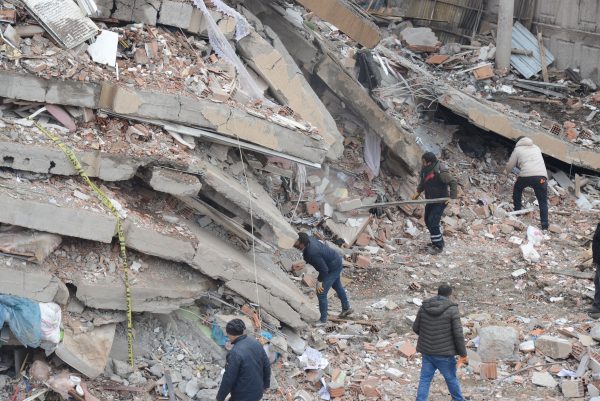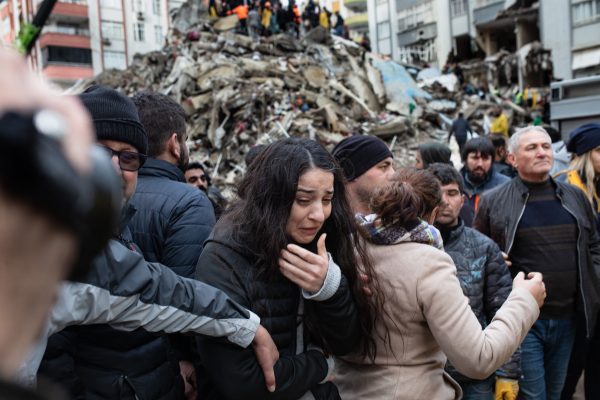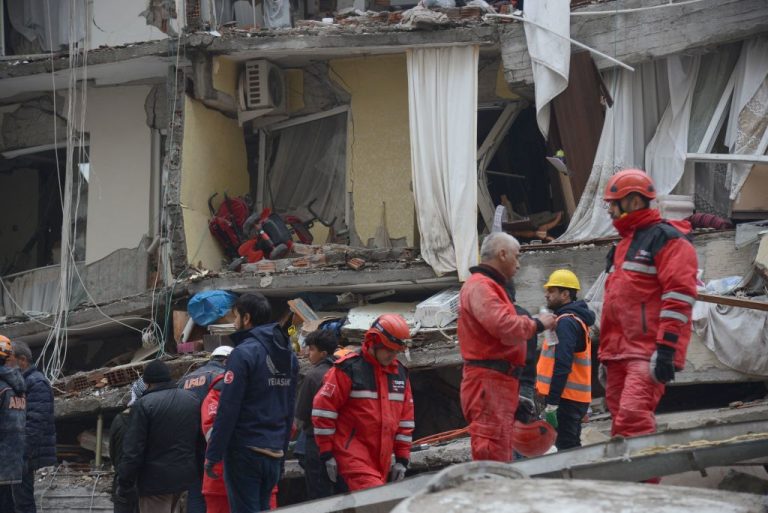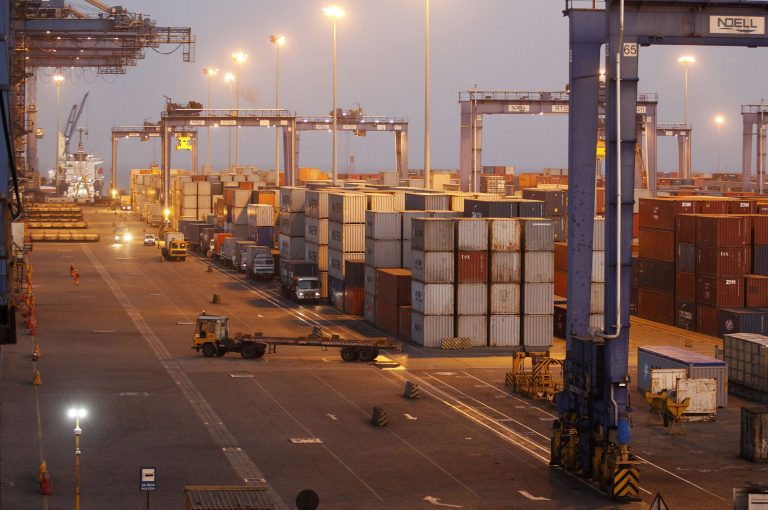On Feb. 6, two massive earthquakes killed at least 2,200 people and injured thousands more in Turkey and northwestern Syria. The numbers are expected to grow as first responders survey the devastation.
The U.S. Geological Survey said a magnitude 7.8 quake struck at 04:17 local time (01:17 GMT) at a depth of 17.9km (11 miles) near the Turkish city of Gaziantep.
The first quake, one of the largest ever recorded in Turkey, toppled an untold number of buildings with some media outlets reporting hundreds, while others reported thousands.
Twelve hours after the first quake struck, a second quake of magnitude 7.5 hit Turkey’s Elbistan district of Kahramanmaras province.
Turkish authorities said that the second quake was “not an aftershock” and was “independent” from the first quake, the BBC reported.
Success
You are now signed up for our newsletter
Success
Check your email to complete sign up
Turkey is located in one of the world’s most active earthquake zones. While Turkey suffered the bulk of the casualties, at least 900 people were confirmed dead in Syria by Monday evening, according to Reuters.
Turkish President Recep Tayyip Erdogan said the disaster was the worst the country has seen since 1939, when an earthquake claimed the lives of some 33,000 people. In 1999, another quake in Turkey’s northwest killed 17,000.
‘We thought it was the apocalypse’
Melisa Salman, a Kahramanmaras resident, told the BBC that she was used to tremors but Monday’s quake was “the first time we have ever experienced anything like that,” adding that “we thought it was the apocalypse.”
So far, according to the BBC, an estimated 5,385 people have been injured in Turkey and over 2,000 in Syria.
Numerous buildings collapsed, trapping occupants in the rubble in sub zero temperatures.
Several videos are circulating online showing the moment the quakes struck.
Other videos show entire communities reduced to rubble.
Fatih Donmez, Turkey’s energy minister, said there has been serious damage to key infrastructure amidst explosions that social media users are claiming are due to gas pipelines igniting.

Trapped in the rubble
Fighting back tears, a volunteer with the White Helmets rescue group, which operates in areas of north-western Syria, told the BBC that “many buildings in different cities and villages in north-western Syria collapsed … Still now, many families are under the rubble. We are trying to save them but it’s a very hard task for us.”
Pleading he said, “We need help. We need the international community to do something, to help us, to support us. North-western Syria is now a disaster area. We need help from everyone to save our people.”
The initial earthquake was felt as far away as Cyprus, Lebanon and Israel.
The earthquakes hit a region where 4.1 million rely on humanitarian assistance.
Global community responds
Citizens are being encouraged by the Turkish Red Crescent to make blood donations with the organization’s president, Kerem Kinik, taking to Twitter to say that crucial medical supplies are being diverted to affected regions.
According to Turkish president Erdogan, 45 countries have offered support.
Teams from the Netherlands and Romania are already enroute to the impacted regions and the European Union said it’s sending search and rescue teams. The UK said it will send 76 search and rescue specialists along with equipment and rescue dogs.
The United States, France, Germany, Israel, Iran, and Russia have all pledged to help.

The International Federation of Red Cross and Red Crescent Societies (IFRC) has launched an “immediate cash assistance” program from its Disaster Response Emergency Fund to assist efforts in both countries.
Initial reports by Turkey’s interior minister, Suleymon Soylu, indicate that 10 cities have been impacted including Hatay, Osmaniye, Adiyaman, Malatya, Sanlifurfa, Adana, Diyarbakir and Kilis.







